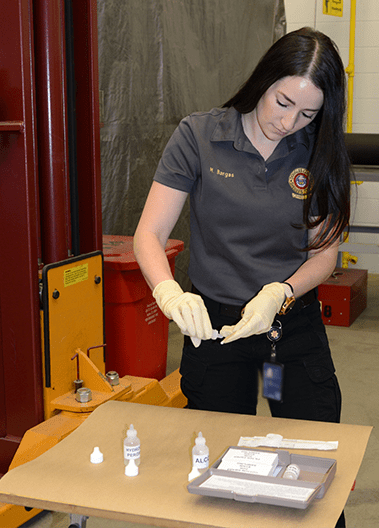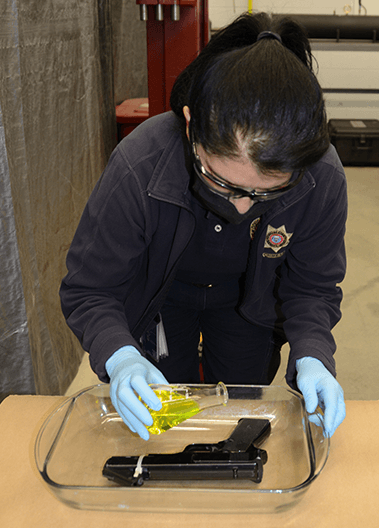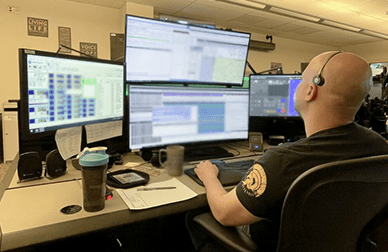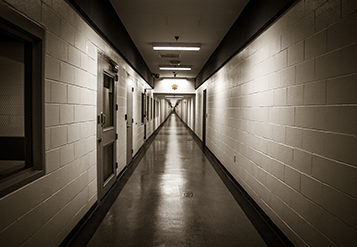Crime Scene Investigators

Crime Scene Investigators (CSIs) are responsible for responding to all major crime scenes to evaluate, process, photograph, document, collect and preserve evidence. The Sheriff’s Office CSIs have diverse educational backgrounds and experience.
With one call to our lab, law enforcement agencies, district attorneys, courts and surrounding county agencies can access a full range of crime lab services like photography, computerized databases and evidence evaluation.
Each of the CSIs are on-call one week out of the month, on a rotation, and are essentially available 24-hours a day, 7 days a week, 365 days a year.
Becoming a CSI
Being a Crime Scene Investigator can be very rewarding and exciting however, some people have developed an unrealistic perception of the field. Various television shows and books have contributed to these views. Being a Crime Scene Investigator requires you to be dependable and work without letting your emotions influence your decisions. A CSI also needs to be able to work well with others as well as independently. Being a CSI may also require long hours and working in extreme weather or on holidays, yet several CSIs deal with all these issues and have fulfilling lives and careers.
Choosing the Right University and Curriculum
Choosing the right university will likely be the most important decision you make as you begin to plan your career. A few things to consider when choosing the university is: Does it provide a diverse curriculum? A competitive applicant is one with a diverse education experience. Do you want to be specialized or a generalist in the field? Becoming a DNA analyst may require a biology degree while becoming a generalist may require a forensic science degree or criminal justice degree.
Internships and research projects
Many agencies prefer internships because the student has some expectations and performance benchmarks determined by the university. Most internships are unpaid and many involve some duties that are best described as “grunt work”, nevertheless, internships can give you experience and look great on your résumé.
Research projects can demonstrate dedication and passion for the field. Universities are ideal environments to conduct forensic research. Review forensic journals to see if there are studies you wish to expand upon or test methods. Having a published research paper will definitely set you apart from some other applicants and also demonstrate your ability to conduct research by applying the scientific method.
Create a portfolio.
Portfolios are ideal for the forensic student because much of the work you produce can be represented visually. Make an effort to document the various assignments you undertake during your internship and class work.





